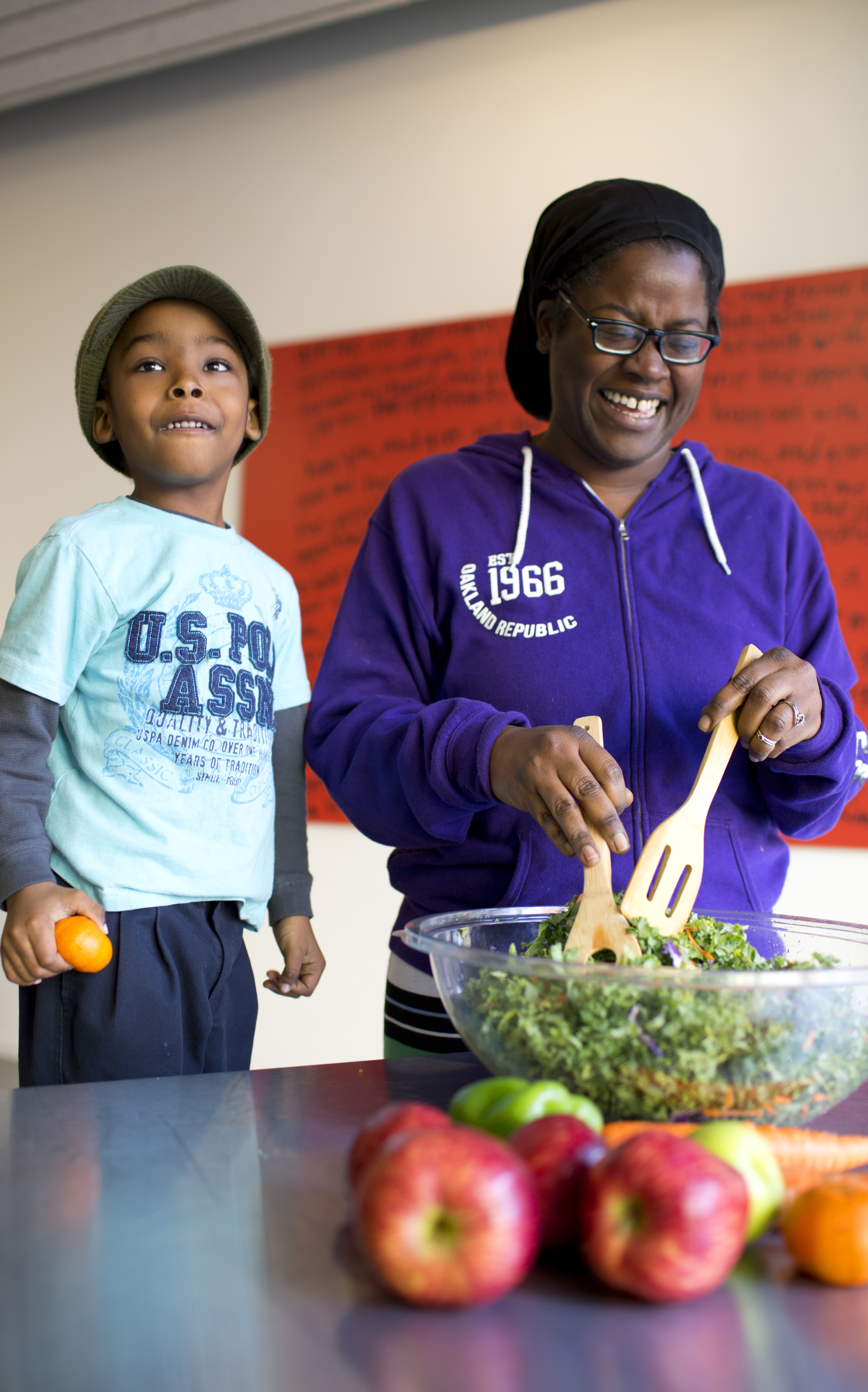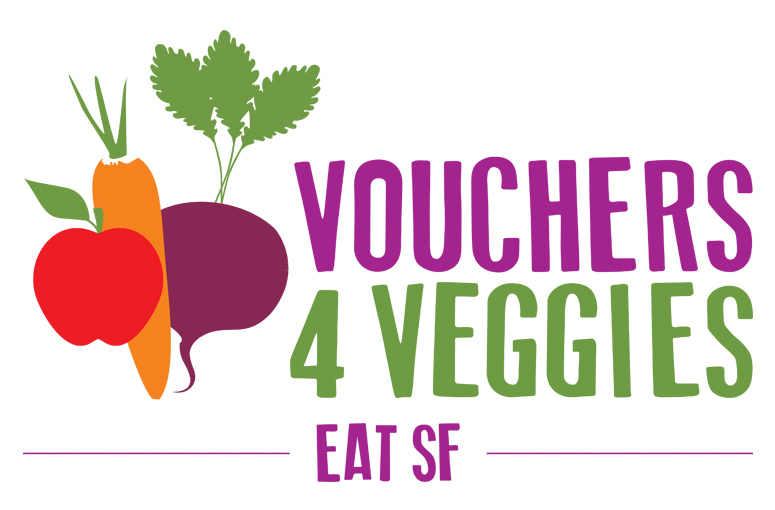At 8.6%, San Francisco’s preterm birth rate is higher than the California state average, and significant disparities exist by race/ethnicity and income. Low-income and racial/ethnic minority women are also at elevated risk of food insecurity. Pregnancy is a particularly important time period in which to address food insecurity because adequate nutrition is critical to positive birth outcomes and healthy fetal development.
A strong literature now supports the efficacy of reducing economic barriers to fruit and vegetable purchases in food insecure households in order to support healthier dietary intake.
EatSF is excited to announce our ongoing collaboration with the Women, Infants, and Children (WIC) Supplemental Nutrition Program of San Francisco.
As part of its latest Community Health Assessment and subsequent Community Health Improvement Plan, the San Francisco Department of Public Health identified both food security and healthy birth outcomes as priority areas, with a focus on reducing health disparities. EatSF agrees and is proud to partner with WIC.
As the latest addition to EatSF’s growing network of community-based partner agencies, WIC clinics are now distributing EatSF fruit and vegetable vouchers to pregnant women receiving WIC services. We believe that our vouchers, in conjunction with the nutrition assistance and education WIC provides, will improve dietary intake and food security status among low-income pregnant women and move the needle towards a more equitable San Francisco.



